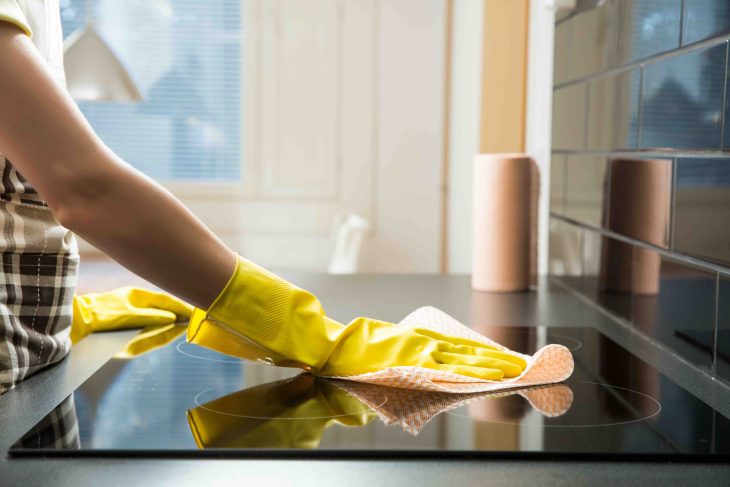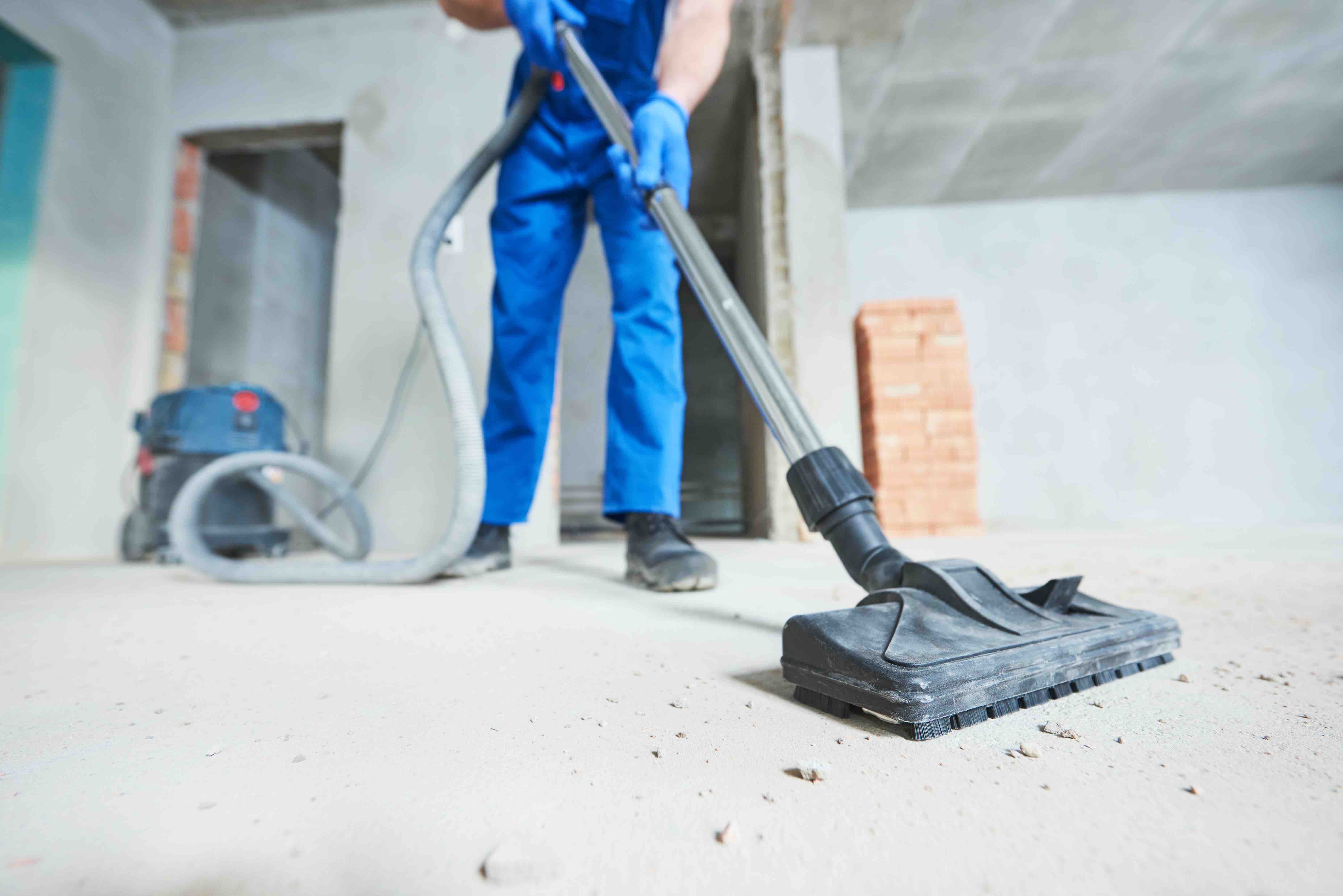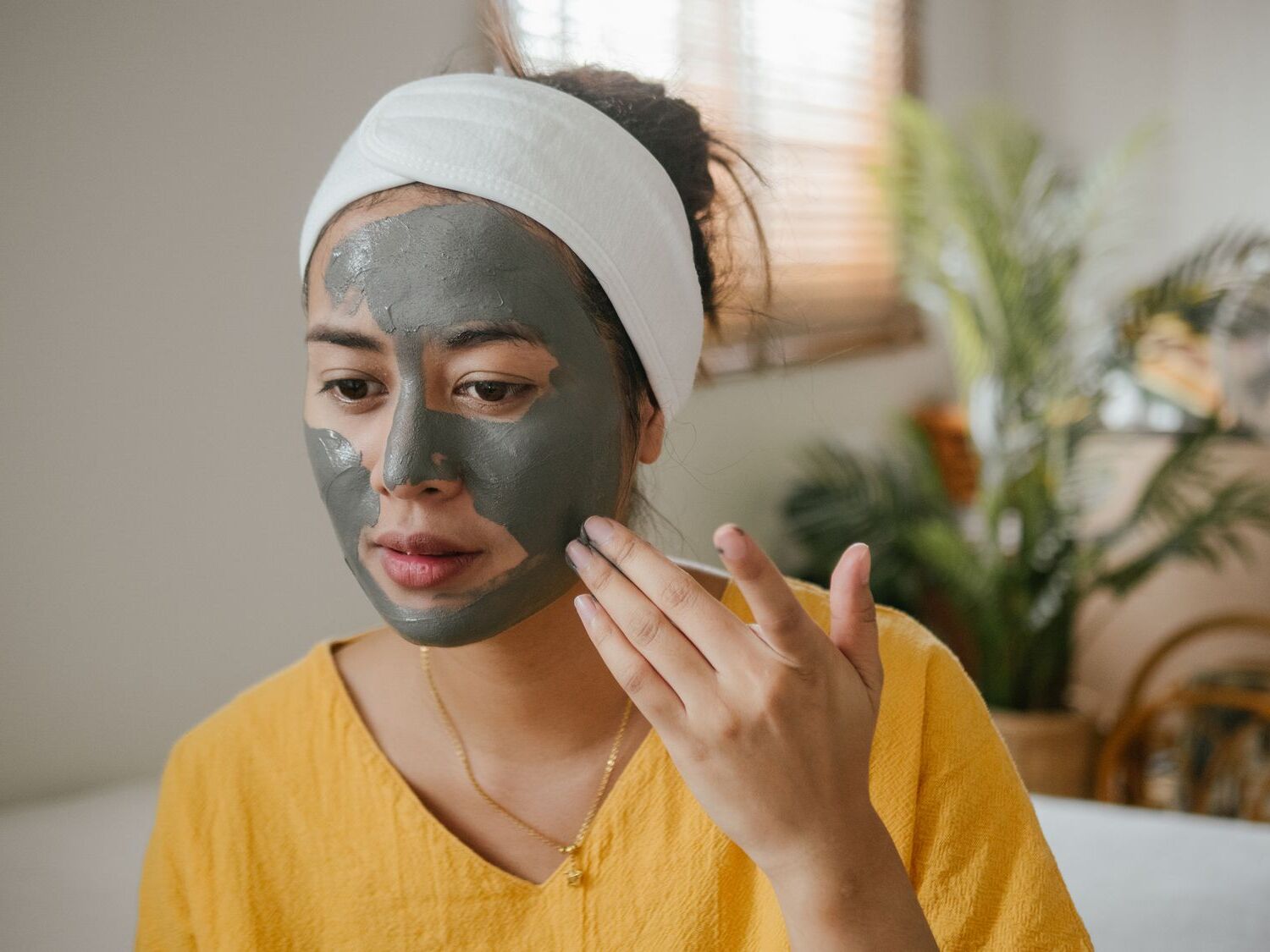
Keeping our homes clean and tidy is an essential part of our daily lives. While cleaning may seem like a mundane task, it harbors a wealth of fascinating facts and insights that can revolutionize the way we approach tidying up. In this article, we explore 18 intriguing cleaning facts that will not only captivate your interest but also provide practical tips to make your cleaning routine more efficient and enjoyable.
Vinegar: The Multi-Purpose Cleaner
Vinegar is a versatile and natural cleaning agent that has been used for centuries. Its acidic properties make it effective for removing stains, deodorizing, and even repelling pests. Next time you encounter a stubborn stain or need to freshen up your space, reach for a bottle of vinegar and witness its magical cleaning powers.
Lemon: The Fresh Fragrance
When life gives you lemons, use them for cleaning! Lemon is not only a great natural deodorizer but also a fantastic way to freshen up your garbage disposal. Simply grind a few lemon peels, and your kitchen will be filled with a delightful citrus scent.
Baking Soda: The Odor Absorber
Baking soda is a powerful ally in the battle against unpleasant odors. From funky shoes to smelly refrigerators, a sprinkle of baking soda can absorb unwanted smells and leave your belongings smelling fresh.
The Germ Hotspots
While we may think our homes are clean, certain areas harbor more germs than we realize. Surprisingly, kitchen sponges, cutting boards, and even our smartphones tend to be hotspots for bacteria. Regularly disinfecting these frequently used items is crucial to maintaining a hygienic living environment.
The History of Vacuum Cleaners

Vacuum cleaners have come a long way since their inception. The first manual vacuum cleaner, invented in 1868, required two people to operate—a far cry from the convenient and efficient models we have today. This evolution demonstrates the progress made in simplifying our cleaning routines.
The Power of Music
Did you know that listening to music while cleaning can boost your productivity? Studies have shown that upbeat music can increase motivation and make the cleaning process more enjoyable. So, put on your favorite tunes and let the music transform your cleaning routine.
Cleaning for Stress Relief
Cleaning can be therapeutic and provide a sense of accomplishment. Engaging in cleaning activities has been found to reduce stress levels and promote relaxation. Next time you’re feeling overwhelmed, consider tackling a cleaning task to alleviate your stress.
Dust Mites: Uninvited Guests
Dust mites are microscopic creatures that can trigger allergies and asthma symptoms. They thrive in bedding, upholstered furniture, and carpets. Regularly washing bedding in hot water and vacuuming frequently can help minimize their presence, providing relief for allergy sufferers.
The World’s Tallest Stack of Pancakes
In 2016, a group of people in Belgium achieved the Guinness World Record for the tallest stack of pancakes, standing at a towering 102 centimeters (40 inches) high. While this fact may not be directly related to cleaning, it serves as a reminder that cleaning up after a delightful pancake breakfast is always worth the effort.
The Infamous Lint Roller
Lint rollers are indispensable tools for removing pet hair, lint, and dust from clothing and furniture. However, they also have a fascinating origin. The lint roller was invented in 1956 by Nicholas McKay, who was inspired by the texture of a freshly painted wall and its ability to attract lint. Today, we can’t imagine our cleaning routines without this simple yet effective tool.
The World’s Oldest Soap
Soap has been used for thousands of years, with evidence of its existence dating back to ancient Babylon around 2800 BC. The first recorded recipe for soap consisted of animal fats and wood ash, demonstrating our ancestors’ resourcefulness in keeping themselves and their surroundings clean.
Spring Cleaning Traditions
Spring cleaning is a time-honored tradition in many cultures, symbolizing renewal and fresh beginnings. From thoroughly cleaning homes to decluttering and organizing, spring cleaning rituals have stood the test of time, allowing us to start the new season with a clean slate.
The Power of Hydrogen Peroxide
Hydrogen peroxide is a fantastic cleaning agent that can disinfect surfaces, remove stains, and whiten clothes. Its chemical composition, H2O2, consists of an extra oxygen molecule, making it a potent oxidizer. Harnessing the power of hydrogen peroxide can elevate your cleaning game to new heights.
The KonMari Method
Marie Kondo, a Japanese organizing consultant, introduced the world to the KonMari Method, which emphasizes tidying up by keeping only items that “spark joy.” By decluttering our living spaces and surrounding ourselves with belongings that bring happiness, we can create a more harmonious and serene environment.
The Cleaning Industry’s Impact
The cleaning industry plays a vital role in maintaining cleanliness and hygiene in various settings, including homes, hospitals, and offices. With the global cleaning services market expected to reach $74.3 billion by 2022, the industry’s significance and impact on our daily lives continue to grow.
The Environmental Impact of Cleaning Products

Many cleaning products contain chemicals that can have detrimental effects on the environment. Opting for eco-friendly and biodegradable cleaning solutions not only reduces our ecological footprint but also promotes a healthier and more sustainable planet for future generations.
Cleaning Hacks from Around the World
Different cultures have developed unique cleaning hacks over the years. For example, the Swedish practice of “death cleaning” involves decluttering and organizing possessions as people age to ease the burden on their loved ones. Exploring these global cleaning traditions can provide valuable insights and innovative approaches to our own cleaning routines.
Cleaning as a Team Effort
Cleaning doesn’t have to be a solo endeavor. Involving family members or roommates in cleaning activities fosters a sense of responsibility and promotes a shared living environment. By working together, you can transform cleaning into a collaborative and enjoyable experience.
Final Word
Cleaning is an integral part of our lives, and these 18 cleaning facts demonstrate its rich history, practical applications, and hidden wonders. By incorporating these insights into your cleaning routine, you can achieve greater efficiency, enjoyment, and a cleaner living space.
Frequently Asked Questions (FAQs)
How often should I clean my kitchen sponge?
Kitchen sponges should be cleaned or replaced regularly. To prevent bacterial buildup, it is recommended to sanitize your sponge by microwaving it on high for one minute or running it through the dishwasher.
Can I use vinegar to clean all surfaces?
While vinegar is a versatile cleaning agent, it may not be suitable for all surfaces. Avoid using vinegar on natural stone countertops, such as marble or granite, as it can etch the surface. Always test a small, inconspicuous area before using vinegar on a new surface.
How can I remove stubborn stains from clothing?
For stubborn stains, try pre-treating the affected area with a stain remover or a paste made from baking soda and water. Let it sit for a few minutes before laundering as usual.
Are natural cleaning products as effective as commercial ones?
Natural cleaning products can be just as effective as commercial ones, depending on the task at hand. For everyday cleaning, ingredients like vinegar, baking soda, and lemon can work wonders. However, for specific or heavily soiled areas, commercial cleaners may be more appropriate.
Can cleaning help with allergies?
Regular cleaning, such as dusting, vacuuming, and washing bedding, can help reduce allergens like dust mites, pet dander, and pollen, providing relief for allergy sufferers. However, it’s also important to consult with a healthcare professional for personalized advice and treatment options.
Was this page helpful?
Our commitment to delivering trustworthy and engaging content is at the heart of what we do. Each fact on our site is contributed by real users like you, bringing a wealth of diverse insights and information. To ensure the highest standards of accuracy and reliability, our dedicated editors meticulously review each submission. This process guarantees that the facts we share are not only fascinating but also credible. Trust in our commitment to quality and authenticity as you explore and learn with us.


